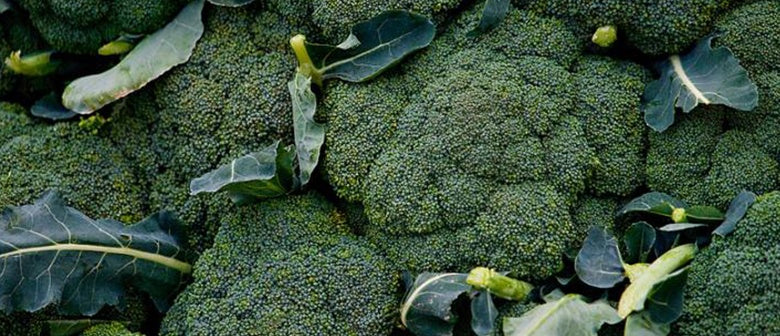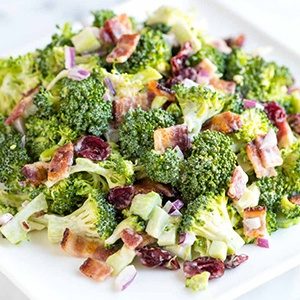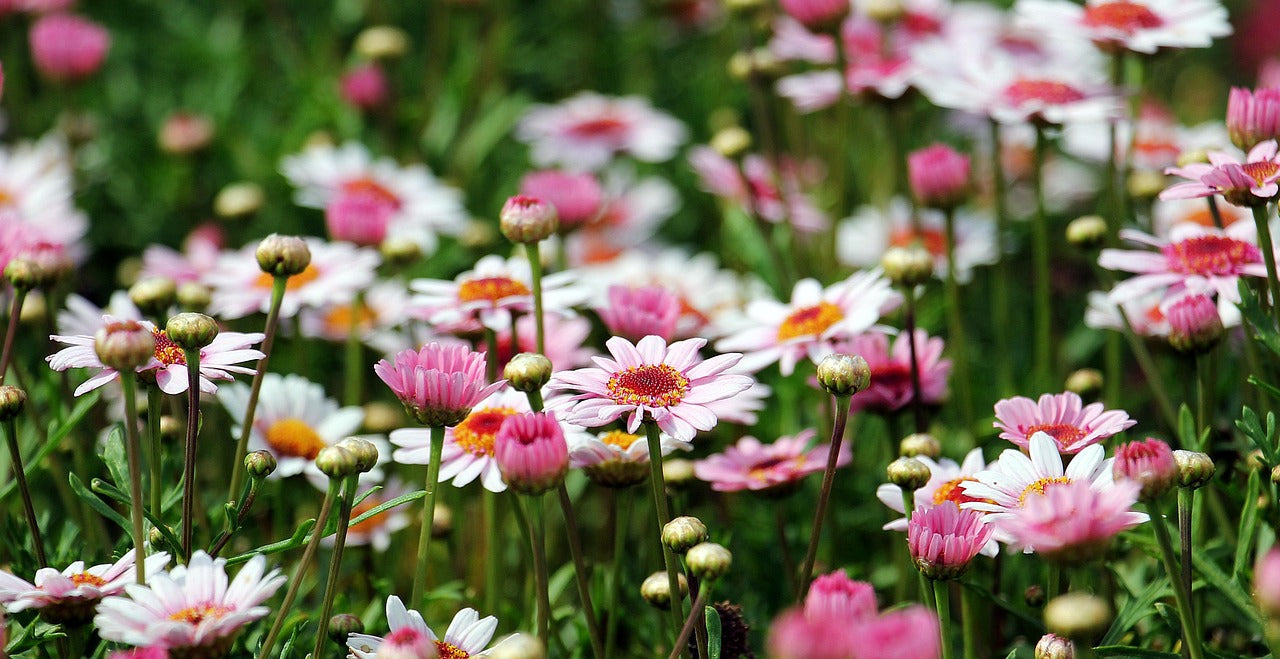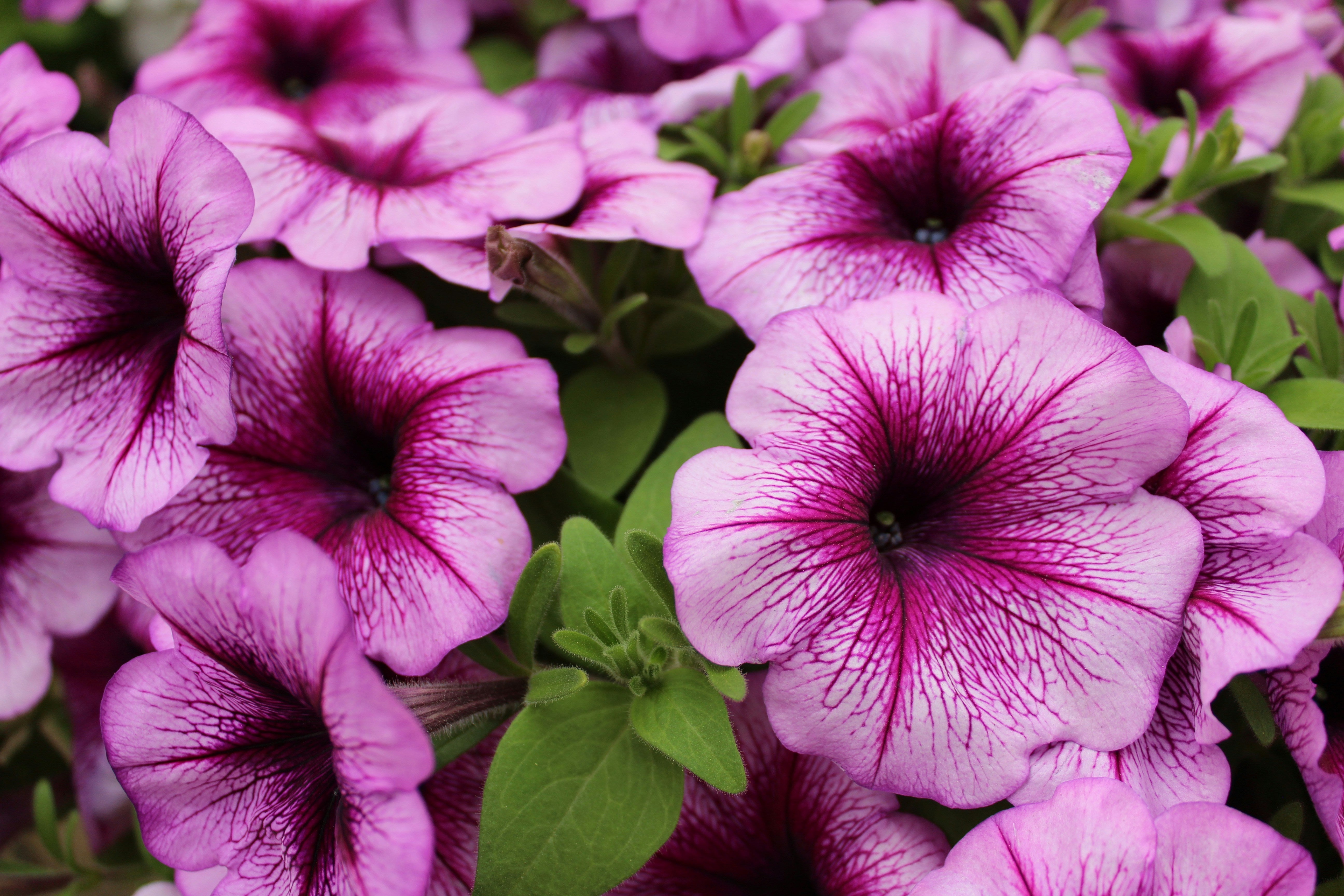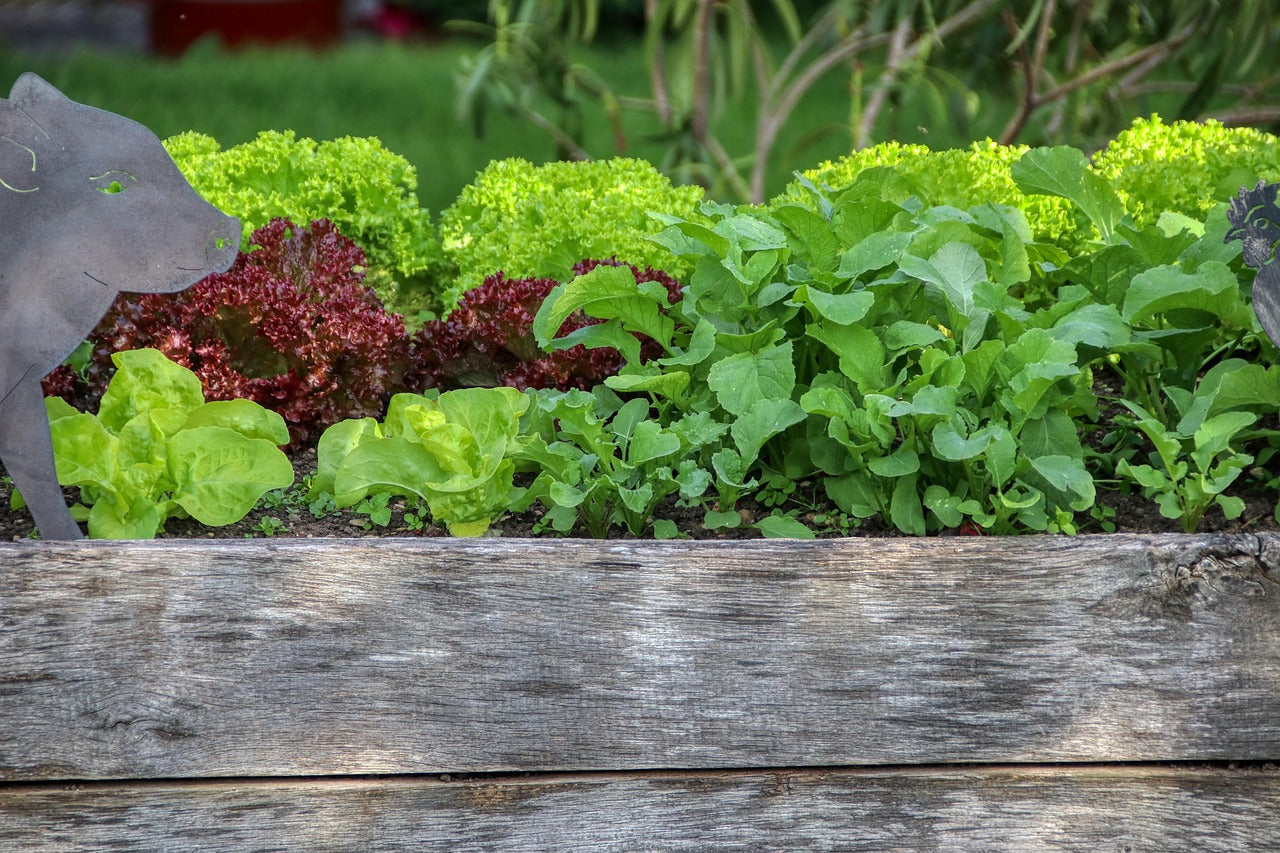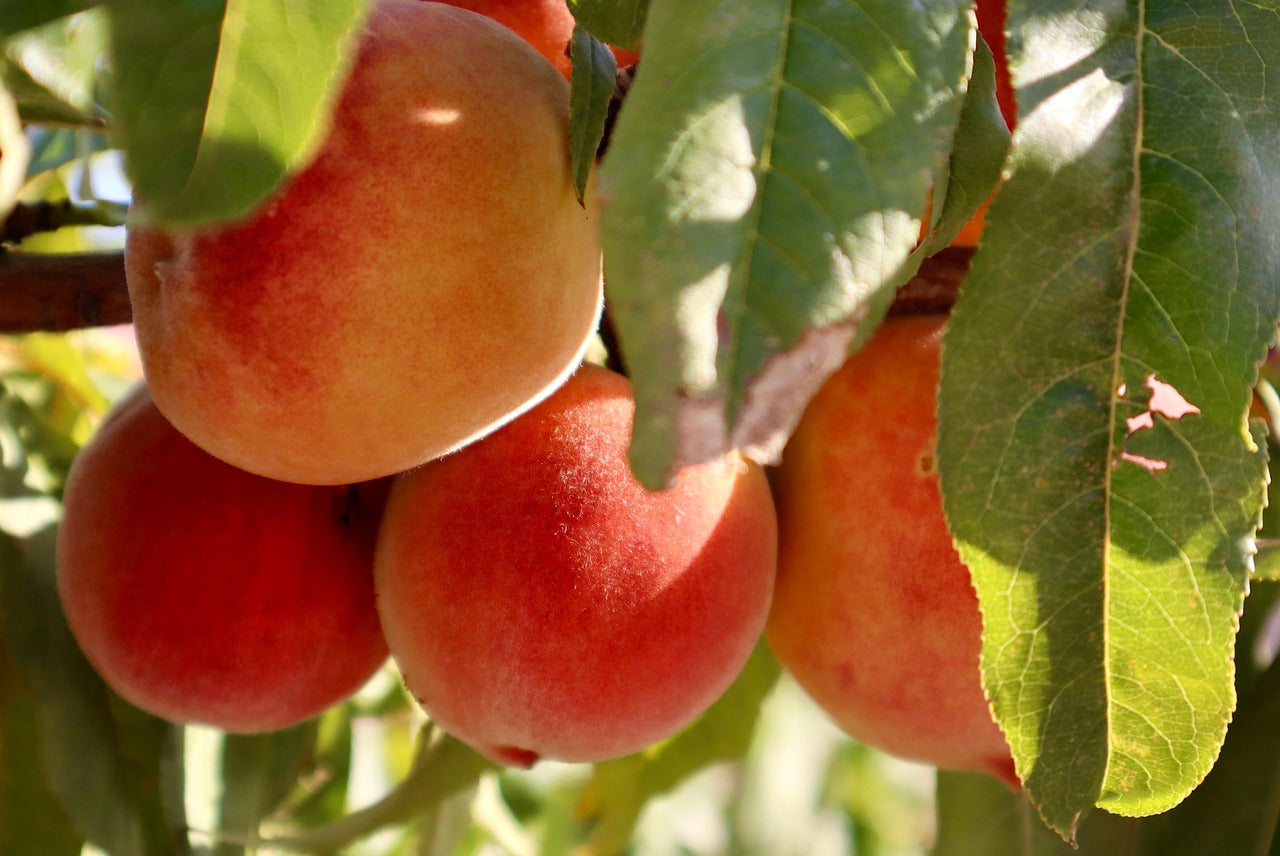There are so many reasons to grow broccoli! Rich in vitamins and minerals, a good source of Vitamin A, potassium, folic acid and iron, it’s no wonder that broccoli is the crown jewel of nutrition. Fresh broccoli is one of the highlights of the vegetable garden, growing crisp and delicious in the chilly temperatures of early autumn and spring. Broccoli can be planted in throughout the country in Autumn and in warmer areas throughout Winter. Spring planting in middle to southern areas is also possible in Spring. With these simple tips, your broccoli is sure to flourish. Here are our top tips on how to grow broccoli below.
Planting Broccoli
As a cool-season crop, broccoli can germinate in soil with temperatures as low as 5°C. If you live in a warmer region of the country, Autumn planting is best, as broccoli thrives in cool weather. However you’re able to plant seeds in mid- to late-summer in most places. If you want to sow seeds directly in the garden, do so about 85 to 100 days before the average first Autumn frost in your area. If you’re growing in seed trays you should be able to transplant out in 4-6 weeks.
Broccoli requires full sun and moist, fertile soil that’s slightly acidic. Broccoli is a moderately heavy feeder so work in 5 to 10cm of rich compost or a thin layer of manure before planting. Plant seeds 1cm deep, make sure that you space out your seeds to allow the heads to grow nice and big. If you over-seed you will need to thin out your seedlings (20-30cm apart), broccoli needs its personal space, so make sure that you don’t condense your plants. If they’re too close together, they compete for water and nutrients. Plus they’re more prone to disease and pest problems. Spacing out your broccoli plants is key to getting flavoursome florets, plus the more space they have, the larger the heads can grow to be.
If you’re short on space, you can grow broccoli in pots or containers, however you will only be able to plant several plants in your container so that they do not compete for space.
Compatible with (can grow beside): dwarf beans, beetroot, celery, cucumber, onions, marigold, nasturtium, rhubarb, aromatic herbs (sage, dill, chamomile, oregano).
Avoid growing close to: Climbing (pole) beans, tomatoes, chilli, capsicum, eggplant, strawberry.
Care
Make sure that you provide consistent soil moisture by regularly watering your broccoli, especially in drought conditions. Some varieties of broccoli are heat tolerant, but all need adequate moisture. Like other veggies, broccoli needs to be kept evenly moist. Give broccoli about 3cm of water per week, and water deeply (rather than sprinkling) to encourage deep roots, don’t let your broccoli plants become too dry between waterings as this could lead to tough, inedible stems.. Adding mulch is advised as it can suppress weeds and also help to keep the soil temperatures down. Encourage a slow and steady growth rate – fertilise once each month.
Pests
Broccoli isn’t plagued by many diseases. The most common insect pests are aphids, cabbage worms, and slugs. Watch for cabbage white butterflies and remove the eggs and caterpillars as soon as you see them.
Harvesting
For best flavour, harvest broccoli heads while the buds are just starting to swell, but before the yellow petals start to show. Keep an eye on the head because when it begins to spread open, the individual buds start to flower. Harvest the central head by cutting the stalk at a slant, about 12-15cm below the head. This encourages side-shoot production for continued harvests.
It’s important to harvest broccoli in the morning before the plants heat up, because broccoli has a really high respiration rate. Once the heat sets in, you need to cool it down quickly, or it’s not going to hold up well and taste like it should.
Recipes
If you’re not already convinced enough to grow broccoli, check out some of our favourite broccoli recipes:
Broccoli, bacon and walnut salad

